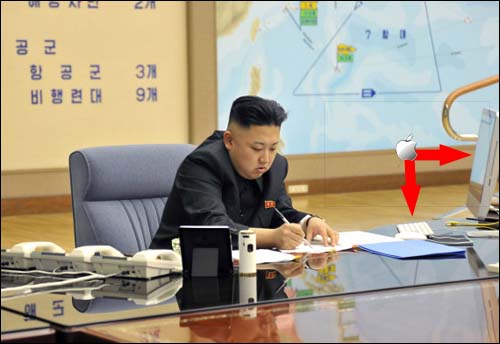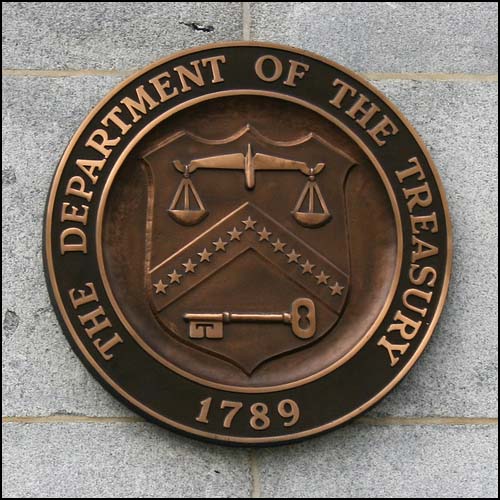 Today DDTC released its final transition plan for the first wave of export control reform under which certain items in Category VIII of the USML are transitioned to a new “600 series” of controls in Category 9 of the CCL. Of course, a major concern of exporters has been where to file licenses for the transitioned items between the date of the publication of the rule and its effective date.
Today DDTC released its final transition plan for the first wave of export control reform under which certain items in Category VIII of the USML are transitioned to a new “600 series” of controls in Category 9 of the CCL. Of course, a major concern of exporters has been where to file licenses for the transitioned items between the date of the publication of the rule and its effective date.
This concern was exacerbated by some confusing language in the proposed transition plan released last summer. That was this language:
License applications [for transitioned items] received by DDTC within the 45 days following the final rule’s publication, but before the rule becomes effective, will be adjudicated only when the applicant provides a written statement certifying that the export or temporary import will be completed within 45 days after the effective date of the final rule.
The concern here, of course, was what would happen to licenses for these items that were filed after the 45 days from publication but before the effective date of the rule when, presumably, BIS would be able to issue licenses for the transitioned items. When informal information subsequently suggested that the period between publication and effective date would be 180 days, the concern was magnified: this would create a licensing limbo of 135 days when DDTC would not accept or grant applications and BIS would not grant them.
Under the final version of the transition plan, this problem goes away:
License applications will be accepted by both DDTC and BIS for items moving from the USML to the CCL, but BIS will not issue approved licenses for such items until on or after the applicable effective date.
Licenses for transitioned items granted by DDTC during the 180-day transition period will be valid for two-years unless an earlier expiration date is specified in the license.

 Posted by
Posted by  Category:
Category: 


 Yesterday the United Nations, by a lopsided 154-3 vote,Â
Yesterday the United Nations, by a lopsided 154-3 vote, 
 Banks may be too big to fail but their employees, apparently, aren’t too small to nail.
Banks may be too big to fail but their employees, apparently, aren’t too small to nail.

